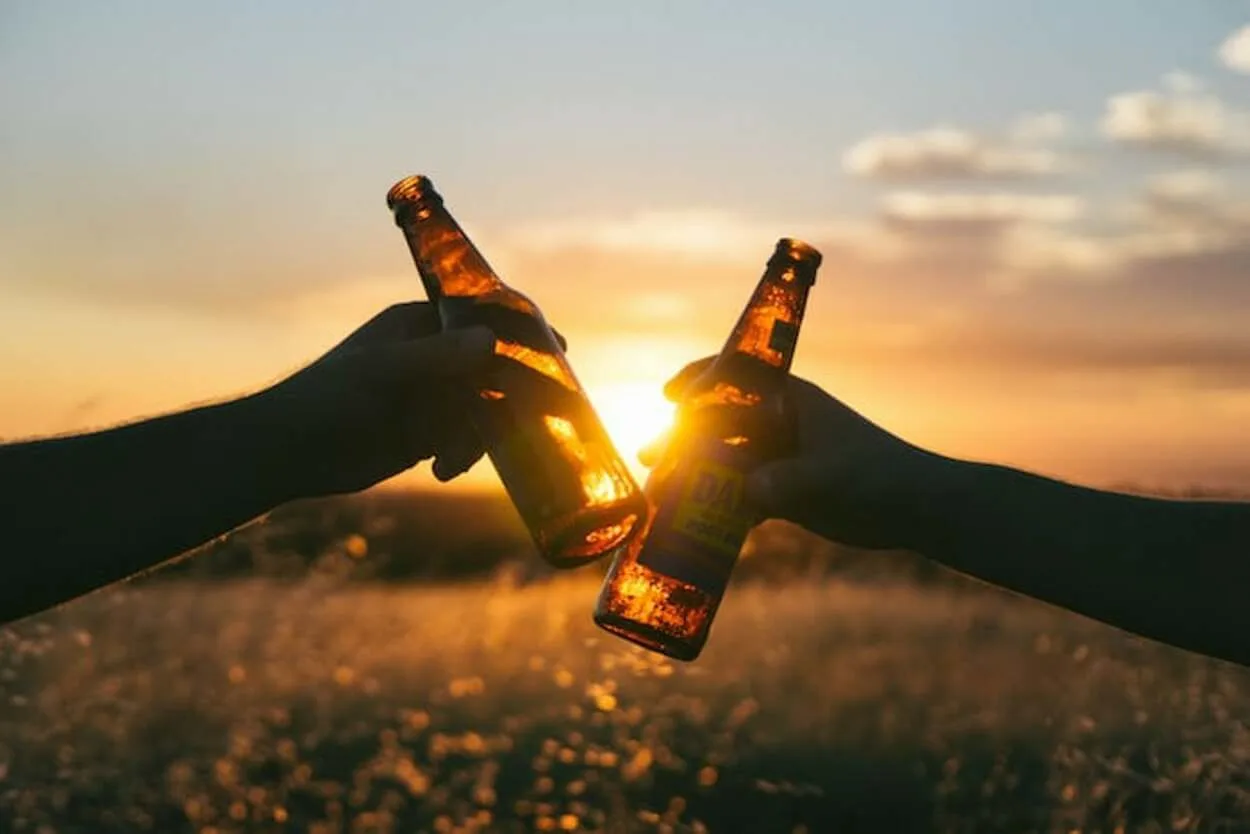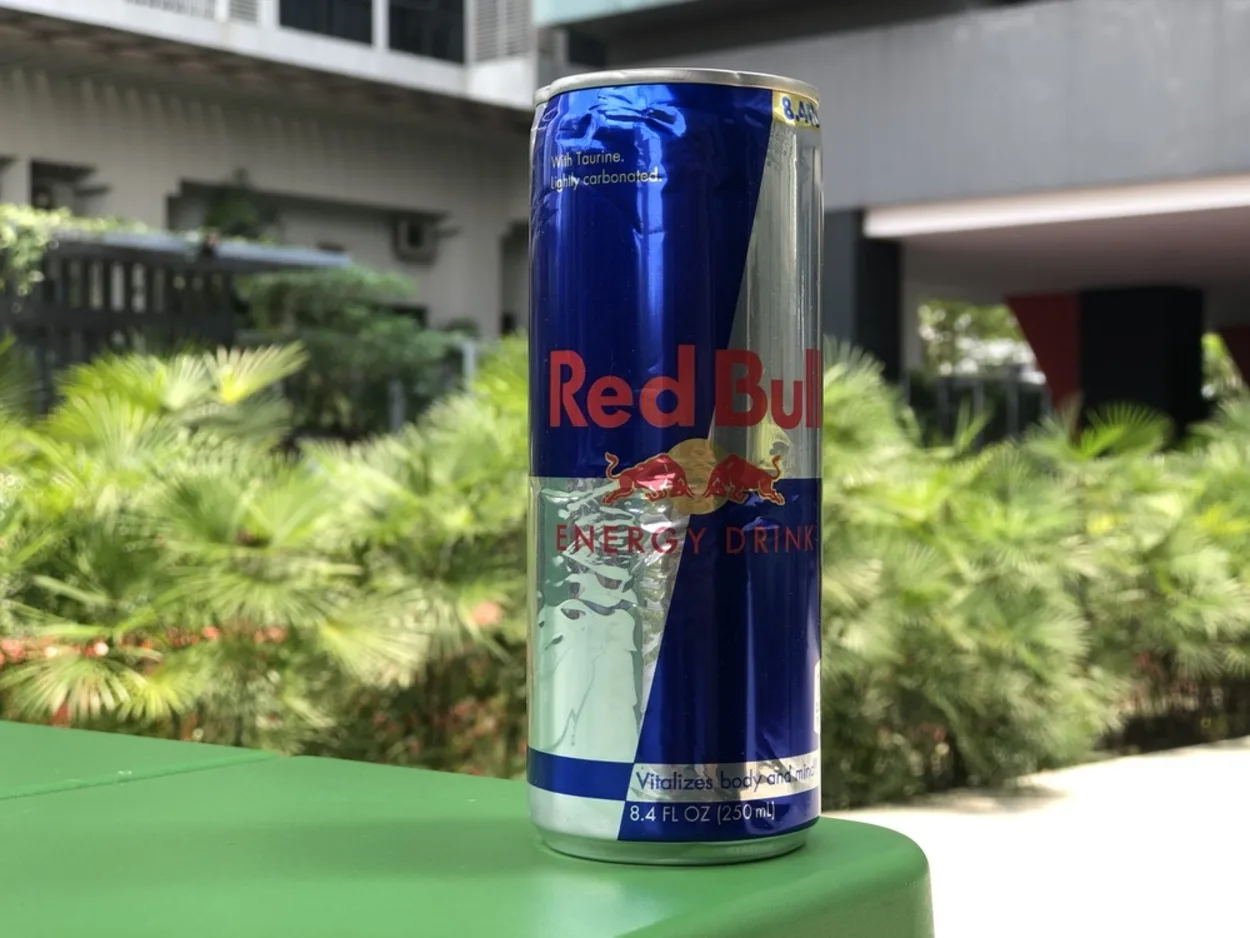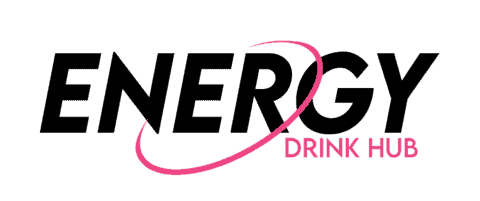In some nations, the consumption of certain energy drinks by adults and teenagers is prohibited.
Energy drinks have a huge impact on people’s lives all over the world. They are now accessible in every nation and come in a huge variety of tastes and brands.
People drink these substances to benefit from their effects, which include enhancing cognitive and motor function.
Although energy drinks are only advertised to adults, teenagers have obtained them, which has several negative health effects.
The amount of caffeine in energy drinks is one of the main causes of concern. For instance, an 8-ounce can of Red Bull has 80 mg of caffeine, which is a significant amount given the can’s size.
Children under the age of 16 are not permitted to consume energy drinks due to these substances. The government has a lot of power, but teens are a clever bunch with lots of tricks up their sleeves.
For instance, Red Bull was prohibited in France and other European nations due to its dangerous contents. Red Bull is now permitted to consume in all those nations after a 12-year restriction was finally lifted.
Page Contents
Are Energy Drinks Banned In the U.K?

Energy drink usage is lawful for both adults and children under the age of 18 despite the UK government’s introduction of a consultation plan to outlaw the sale of energy drinks to minors under the age of 18.
Every country, including the UK, has seen a rise in the popularity of energy drinks. In reality, volume sales of energy drinks climbed by 3.9% in 2019, which helped the industry finally contribute significantly to the UK economy.
Why UK Put Ban on energy drinks?
The following reasons are why the government declared in 2019 that it would prohibit the sale of energy drinks to those under the age of 16:
A history of deft marketing
Due to their high quantities of sugar and caffeine, energy drinks gained popularity in the 1980s and were marketed as a tool for boosting physical and mental efficiency. Brands and athletes were rapidly associated, and drinks were marketed as performance boosters.
Energy drinks have completely revolutionized the mainstream beverage business in recent years. Redbull even has its own music academy. Manufacturers no longer just target sports to promote their beverages; they have now gotten into extreme sports, gaming, and the music industry.
Young people in the UK today consume more energy drinks than young people in the rest of Europe because they have become so ingrained in pop culture, particularly youth pop culture.
Health issues
The high amount of caffeine in these beverages is a major cause for worry; many young people may consume multiple cans at once and one can frequently contain substantially more caffeine than a cup of coffee. According to a government survey conducted in 2018, a quarter of kids who take energy drinks will consume three or more in a single session.
Major concerns have been raised about the short- and long-term effects on mental and physical health, and research has shown that energy drinks have harmful effects on kids’ behavior, concentration, and sleep patterns as well as physical issues like headaches, heart failure, and other physical issues, as well as addiction.
Due to these detrimental effects on youth, the then government 2018 proposed a ban on sales to those under the age of 16. They received support from businesses, educators, campaigners, and parents alike.
In the government, members of the Science and Technology committee of the House of Representatives also ordered their own report and publicly endorsed the ban based on “societal concerns and qualitative evidence, such as the experience of school instructors.”
Today’s Risk
Teachers are worried that energy drinks will continue to grow in popularity as schools resume their pre-2020 routines and kids and teenagers catch up with their peers.
This is especially true given that major brands are now utilizing influencers, well-known musicians, and sports fans to market their products to younger audiences.
There is only so much that schools can do to stop the usage and popularity of energy drinks in the absence of an official prohibition. On campus, many institutions forbid the consumption of energy drinks, but outside the walls of the school, there are no restrictions.
Which nations have outlawed Red Bull?

Red Bull, however, isn’t offered everywhere because it was outlawed in a number of nations, including France, Denmark, and Norway.
Additionally, before 2008, France and some other nations only offered toned-down energy drinks that included no taurine.
Red Bull was trying to be outlawed because it had such high levels of caffeine and sugar.
Red Bull is now permitted in all nations where it was previously prohibited due to the lifting of the ban on the well-known energy drink.
One of the most popular energy drinks with the biggest market share is Red Bull. There are 110 calories, 27 grams of sugar, and 80 milligrams of caffeine in an 8-ounce Red Bull. Let’s check its supplements.
Nutritional Information Of Red Bull
Following is the nutritional information about Red Bull:
| Typical Values | Red Bull (8.4 fl. oz) |
| Energy | 110 calories |
| Fat (Of which Saturated) | 0g (0g) |
| Carbohydrate (Of which Sugars) | 28g (27g) |
| Caffeine | 80mg |
| Taurine | 1000 mg |
| Sodium | 105mg |
| Vitamin B3 (Niacin) | 22mg |
| Vitamin B5 (Pantothenic Acid) | 5.05mg |
| Vitamin B6 | 5.05mg |
| Vitamin B12 | 5.1µg |
Side Effects Of Red Bull
View the list of negative effects linked to consuming Red Bull, which includes:
- can raise heart rate and blood pressure.
- may raise the risk of type 2 diabetes.
- could harm your teeth.
- may have a harmful impact on renal health.
- may lead to a rise in risky conduct.
- may result in caffeine toxicity and overdose.
Where Is Monster Banned?
After Red Bull, Monster has the second-largest market share. Since its introduction, it has grown and released a variety of flavors, including a sugar-free option.
However, in addition to sugar, there are additional substances that are harmful to human health, leading to its ban in some nations.
India is the only nation that has implemented legislation outlawing the sale of Monster energy drinks and other beverages containing caffeine and ginseng.
The Food Safety and Standards Authority of India (FSSAI) banned Monster in 2015 because it had a high caffeine and ginseng content. Other than India, the UK and Canada issued an age restriction ban on Monster but didn’t outright outlaw it.
However, a 16 oz. can of Monster be banned since it includes 50 g of sugar, 191 calories, and 160 mg of caffeine, all of which can result in death.
In actuality, consuming Monster on a regular basis has been linked to a number of fatalities. Moreover, the family of the victims has sued Monster on numerous occasions.
Learn more about the Monster lawsuits by watching the video below:
How Old Must You Be To Purchase Red Bull in the UK?
Although there is currently no rule that forbids anyone under the age of 18 from using energy beverages like Red Bull, I would nonetheless advise against doing so.
Even if there isn’t a regulation or prohibition, one should still be cautious about what they expose their bodies to because there can be repercussions.
While the high concentration of caffeine, sugar, and other components in energy drinks may temporarily improve your energy levels, they can cause a number of long-term health problems that you might not realize until it is too late.
Conclusion
- The 12-year ban on Red Bull was repealed in a number of European nations, including France and Denmark.
- Additionally, some nations still forbid selling alcohol to people under a certain age, therefore it is illegal in many nations to sell energy drinks to teens in order to prevent health problems.
- As they can lead to numerous heart issues, Monster energy drinks and other energizing beverages that contain ginseng and caffeine are officially outlawed in India.
- Numerous lawsuits have been filed against the monster energy drink since some fatalities have been linked to habitual intake.
- The Monster recipe’s 50 g of sugar, which is far above the advised maximum, is the second worst aspect after the caffeine content.
